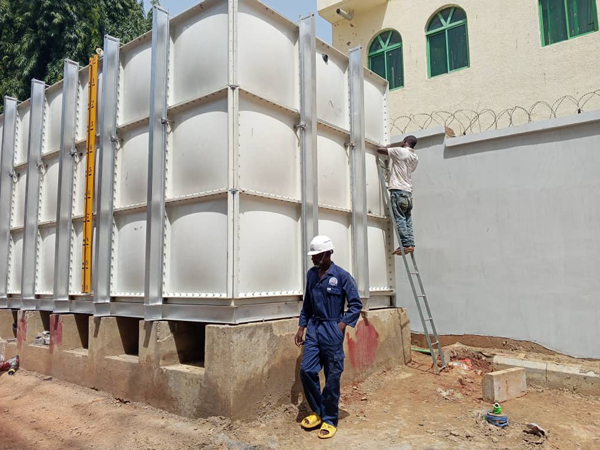In an era where sustainable solutions are at the forefront of every industry, the field of water storage is no exception. Traditional materials like concrete and steel have long been the go-to choices for water tanks, but as environmental consciousness grows, so does the need for innovative alternatives. Enter fibreglass tanks – a revolutionary solution that is rapidly gaining ground in the world of water storage.
What is Fibreglass Tank?
A fibreglass tank is a type of storage tank made from fiberglass-reinforced plastic (FRP). Fibreglass is a composite material that consists of glass fibres embedded in a polymer matrix, usually made of epoxy, polyester, or vinyl ester resin. The combination of glass fibres and resin results in a strong and durable material with corrosion-resistant properties.
Fibreglass tanks are used for storing various liquids, including water, chemicals, and petroleum products. They are preferred in many applications due to their lightweight nature, high strength-to-weight ratio, and resistance to corrosion and chemicals. Fibreglass tanks are often chosen for their ease of installation and low maintenance requirements.
These tanks find applications in industries such as agriculture, water treatment, chemical processing, oil and gas, and wastewater management. Fibreglass tanks come in various shapes and sizes, including cylindrical, rectangular, and vertical designs, depending on the specific storage requirements of the application.
1. Unparalleled Durability:
One of the key advantages of fibreglass tanks is their exceptional durability. Unlike traditional materials susceptible to corrosion and rust, fibreglass is inherently resistant to such environmental factors. This resistance ensures a longer lifespan for the tanks, reducing the need for frequent replacements and maintenance, that is why reputable companies like Techno Santo Mezel made it the number one recommendation to clients.
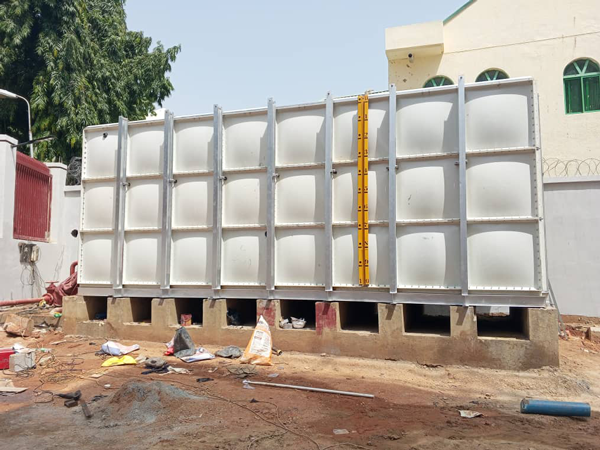
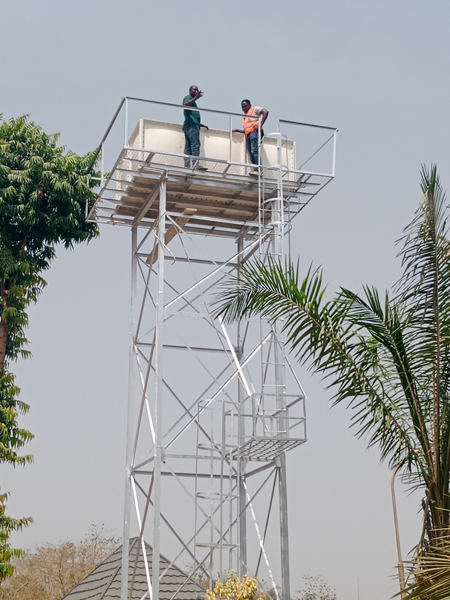
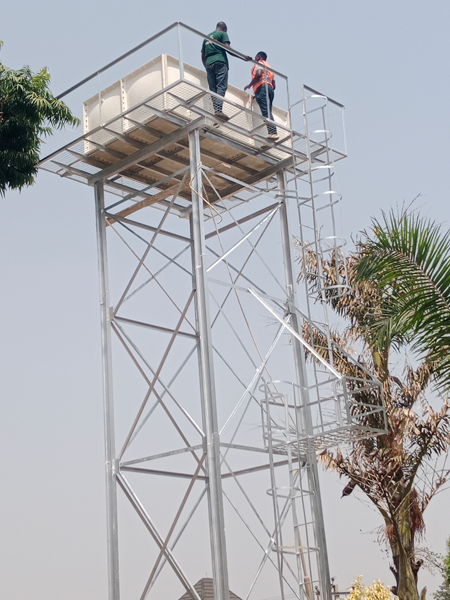
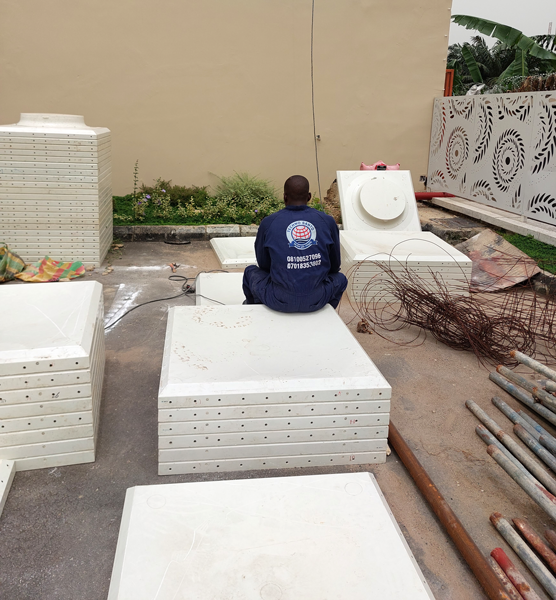

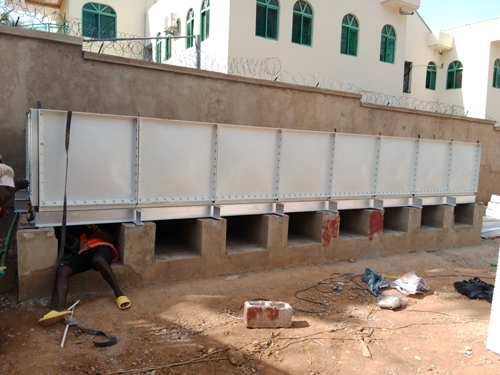
2. Lightweight and Easy to Install:
Fibreglass tanks are significantly lighter than their concrete and steel counterparts, making them easier to transport and install. This characteristic not only simplifies the logistics of tank deployment but also reduces the environmental impact associated with heavy transport.
3. Corrosion Resistance:
Corrosion is a common concern with traditional water storage materials, especially in regions with harsh climates. Fibreglass tanks, however, boast superior corrosion resistance. This makes them an ideal choice for areas prone to extreme weather conditions, ensuring reliable and long-lasting water storage solutions.
4. Customization for Efficiency:
Fibreglass tanks offer a high degree of customization to meet specific storage requirements. Whether it’s adjusting the size, shape, or accessories, these tanks can be tailored to fit the unique needs of a project. This flexibility makes fibreglass an excellent choice for a wide range of applications, from residential rainwater harvesting to industrial water storage.
5. Environmental Sustainability:
As the world shifts towards sustainable practices, the environmental impact of materials used in water storage cannot be ignored. Fibreglass, being a recyclable material, aligns with the global push towards eco-friendly solutions. Choosing fibreglass tanks contributes to a circular economy by reducing waste and promoting responsible resource management.
Conclusion: In conclusion, fibreglass tanks emerge as a compelling choice for the future of water storage. Their durability, lightweight nature, corrosion resistance, customization options, and environmental sustainability collectively position them as a front-runner in the quest for innovative and efficient water storage solutions. As industries and individuals alike increasingly prioritize sustainable practices, fibreglass tanks prove that the future of water storage can indeed be both resilient and eco-friendly. Embrace the evolution – choose fibreglass for a sustainable water storage future.

